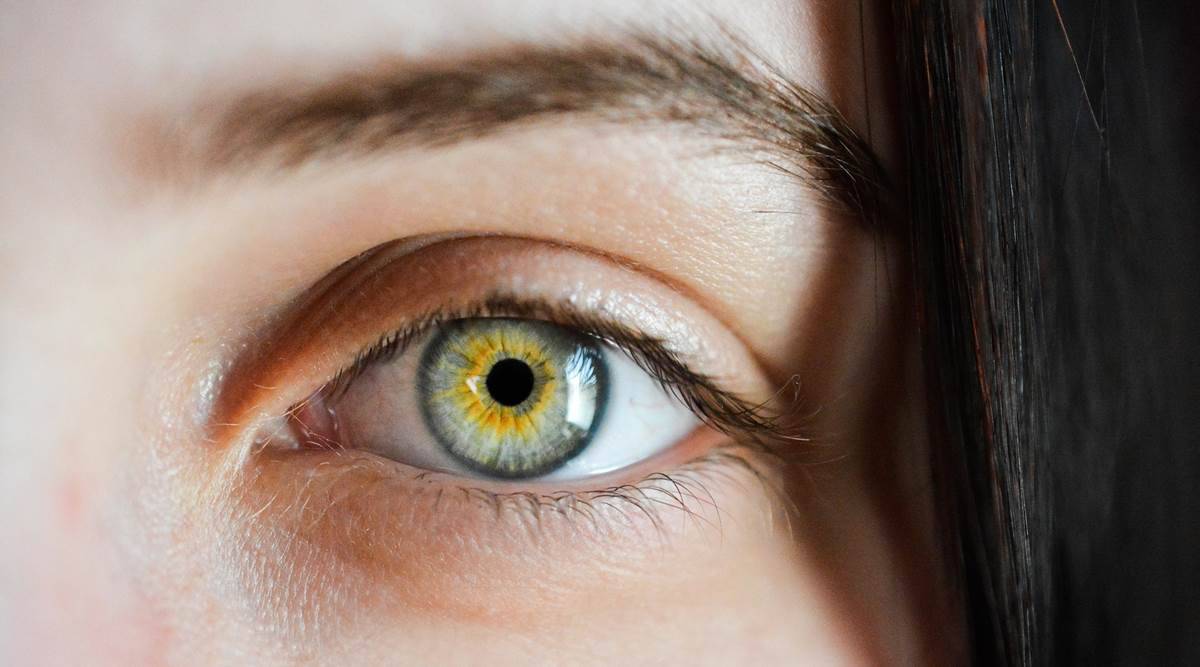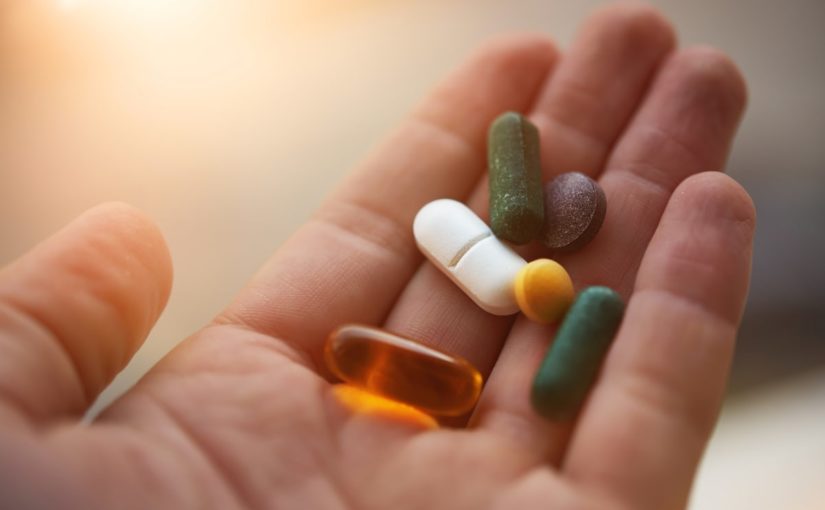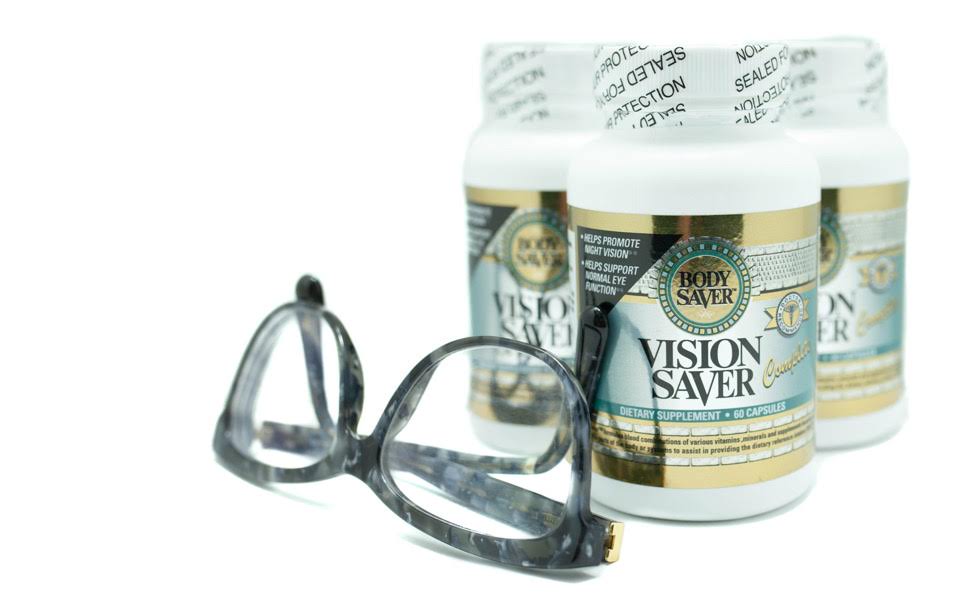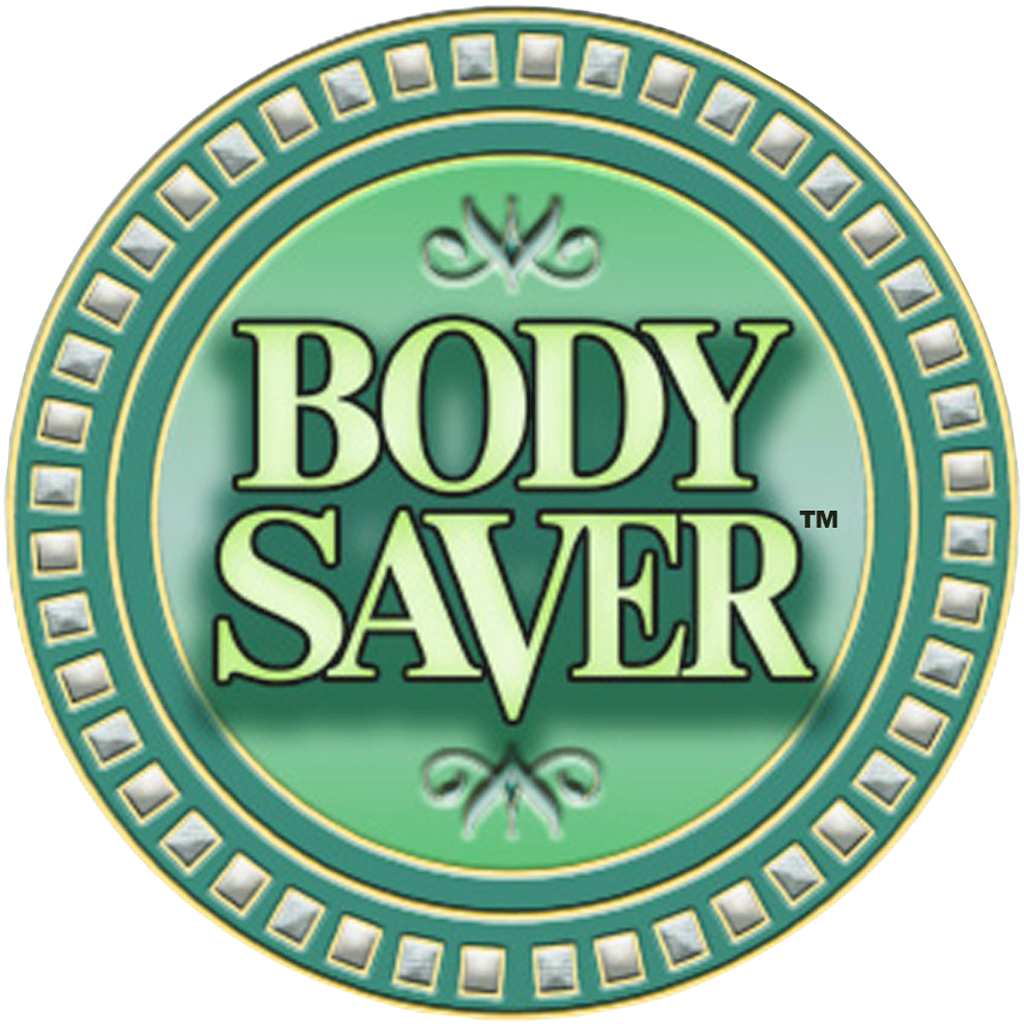Do Eye Vitamins Help Age-related Eye Disease?
You are probably aware of many brands selling their vitamins for eye health on the shelves of popular markets and promoting them as a promise to help prevent age-related eye diseases. But do they actually work? Do eye vitamins help age-related eye disease? And are they worth the investment? In this article, we will explore the benefits of eye vitamins for age-related eye conditions.
The Benefits of Eye Vitamins
There are many benefits to taking eye vitamins. Some of the key benefits include:
– better vision
– reduced risk of eye diseases such as cataracts and macular degeneration
– the improved overall health of the eyes
– better sleep quality

Are Eye Vitamins Effective for Eye Health?
Some people claim that eye vitamins help prevent or even improve age-related eye conditions, and others don’t see any difference from supplementation. Regardless of what both sides say, there is some evidence that suggests that certain types of eye vitamins may be effective for treating age-related eye disease. Here are the most important vitamins and their benefits according to the AREDS study.
1. Lutein and Zeaxanthin
Lutein and Zeaxanthin are carotenoids. which are pigments found in plants and in your retina. If you supplement these carotenoids, they can absorb high-energy blue and ultraviolet light that can damage your eyes.
2. Zinc
Zinc is a powerful antioxidant that protects against cell damage, inflammation, and infections. However, zinc can cause an upset stomach and digestive tract problems if you supplement it constantly for many weeks.
3. Selenium
Selenium is a good source of antioxidants and may reduce inflammation, cell damage, and degeneration. Selenium can slow the progression of mild to moderate thyroid-related eye disease and can improve the appearance and visual function of the eyes.
4. Omega-3 fatty acids
You have probably heard from your doctor that you should eat more fish as it contains healthy fats. The diet of most Americans doesn’t contain enough omega-3 fatty acids. They are essential to help in the development of retinal cells and are considered to have a role in reducing inflammation. Omega-3 fatty acids have been shown to be beneficial for reducing inflammation and improving blood circulation in the eyes. Omega 3 acids also help cells of the retina and the cornea heal after damage due to light exposure, computer, and aging.
5. Vitamin C
AREDS and AREDS2 studies argue that vitamin C may reduce the risk and slow the progression of developing age-related eye degeneration like AMD or cataracts. Vitamin C is a powerful antioxidant that destroys free radicals and prevents cell oxidization. It acts as a protective shield against retina damage caused by aging, environmental changes, pollution, or infections.
6. Coenzyme Q10
CoQ10 levels in the retina can decline by approximately 40% with age. This decline may have two consequences: a decrease in antioxidant ability and a decrease in the rate of ATP synthesis in the retina, as such, this decline may be linked to the progression of macular degeneration. Supplementing Co-10 may reduce retinal damage and prevent the development of age-related eye disease.

What You Should Know About Vitamins For Age-related Eye Disease?
You’ve probably heard plenty of statements that Vitamins, especially Vitamin A, are beneficial for eye health. As you know, carrots are full of Vitamin A and you probably heard someone say, “Eat your carrots, they’re good for your eyes.”
In fact, there are not many studies supporting the theory of eating carrots for eye health however there is one study called Age-Related Eye Disease Studies (AREDS) that put the benefits of eye vitamins under the microscope. AREDS and AREDS2 studies discovered that certain vitamins can prevent age-related eye diseases or even stabilize the ongoing chronic inflammation.
The studies focused on the two most common conditions that affect millions of Americans, age-related macular degeneration (AMD – age-related macular degeneration) and cataracts. Let’s take a closer look at the AMD.
What is AMD (age-related macular degeneration)?
AMD is considered to be an age-related disease, which means it mainly affects the older generation, but some forms of macular degeneration affect younger people as well. It is the leading cause of vision loss in the United States. It affects more than 10 mln Americans each year.
AMD is associated with severe or permanent vision loss and unfortunately, there is no medication that could cure or stop the progression of the disease. It can be managed by regular injections (every 3 months) into the eye to prevent further damage. However, in many cases even injections cant help vision loss.
When light-sensitive cells in the macula area of the retina are damaged or impaired, the human eye begins to lose central vision which is responsible for: recording what we see and sending the information to our brains, seeing fine detail, and focusing.

What Is The Best Supplement For Age-related Eye Disease?
In my opinion, The Vision Saver created by Body Saver is the most beneficial and the safest supplement for the eyes. First, it contains all necessary vitamins recommended by AREDS and AREDS2 studies. Secondary, it contains extra antioxidants, bilberry extract, and blends of nutrition that are potent for eye health. The Vision Saver supplement may assist in reducing the severity of certain age-related ocular problems as well as helping other vision problems caused by screen time, computer blue light, inflammation, chronic conditions, environmental stressors, pollution, allergies, and more. It may reduce the risk of developing age-related macular degeneration, dry eye, or cataracts. It can help to optimize vision, including night vision. The Body Saver products and health supplements are designed not to cure a disease, but to build a healthy defense against them in addition to a healthy lifestyle. The Vision Saver is a safe choice as it doesn’t contain zinc and may be taken for a long time. 10 mg of Lutein is a generous dose to maintain a healthy balance for ocular health. This supplement provides visual support for normal eye function and can be used by people of all ages.
Even though many factors are beyond your control, certain health practices such as not smoking, exercising regularly, and taking good eye supplements can protect eye vision.
In conclusion, while there is no definitive answer to the question of whether or not eye vitamins help improve age-related eye diseases, there is some evidence that suggests they may be effective for this purpose or slow down the progression. Supplements may help provide your eyes right nutrition however if you experience worsening your eyesight and you are here looking for a supplement, I suggest you visit your ophthalmologist as well to do your annual exam. Its better to be safe than sorry.

